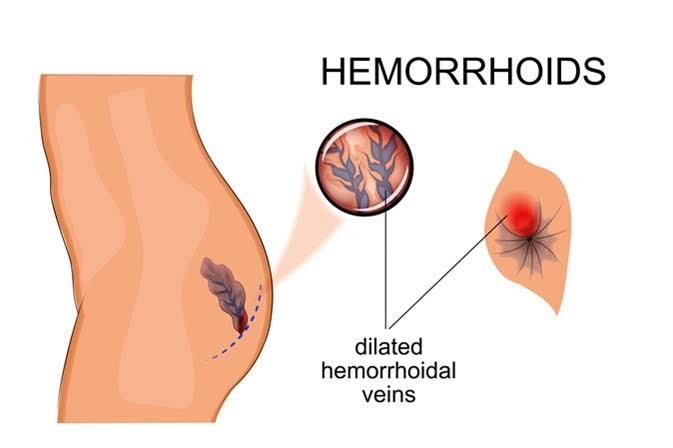Introduction
Autoimmune disorders are a group of diseases where the immune system mistakenly attacks healthy cells and tissues in the body. These conditions can affect various organs and systems, leading to a wide range of symptoms and complications. In this article, we will explore the causes, triggers, and treatment options for autoimmune disorders.
Causes of Autoimmune Disorders
The exact cause of autoimmune disorders is still unknown. However, researchers believe that a combination of genetic and environmental factors play a role in their development. Certain genes may predispose individuals to these conditions, and exposure to certain triggers can activate the immune response against the body’s own tissues.
Common Triggers
While the triggers for autoimmune disorders can vary from person to person, some common factors have been identified:
- Genetic Factors: Certain genes can increase the risk of developing autoimmune disorders. However, having these genes does not necessarily mean that an individual will develop the condition.
- Hormonal Changes: Fluctuations in hormone levels, such as during puberty or pregnancy, can sometimes trigger autoimmune responses.
- Infections: Certain infections, such as viral or bacterial infections, have been linked to the development of autoimmune disorders. The immune response to these infections may mistakenly target the body’s own tissues.
- Environmental Factors: Exposure to certain environmental factors, such as toxins, chemicals, or pollutants, may trigger autoimmune responses in susceptible individuals.
- Stress: Chronic stress can negatively impact the immune system, increasing the risk of developing autoimmune disorders.
Types of Autoimmune Disorders
There are more than 80 known autoimmune disorders, each affecting different parts of the body. Some common autoimmune disorders include:
- Rheumatoid Arthritis: This condition primarily affects the joints, causing pain, swelling, and stiffness.
- Lupus: Lupus can affect multiple organs, including the skin, joints, kidneys, heart, and lungs. Symptoms may include fatigue, joint pain, rashes, and fever.
- Multiple Sclerosis: Multiple sclerosis affects the central nervous system, leading to problems with coordination, balance, and muscle control.
- Celiac Disease: This autoimmune disorder is triggered by the consumption of gluten, causing damage to the small intestine and interfering with nutrient absorption.
- Type 1 Diabetes: Type 1 diabetes occurs when the immune system attacks and destroys the insulin-producing cells in the pancreas, leading to high blood sugar levels.
Treatment Options
While there is no cure for autoimmune disorders, various treatment options are available to manage symptoms and slow down disease progression. The treatment approach may vary depending on the specific condition and its severity. Some common treatment modalities include:
- Medications: Anti-inflammatory drugs, immunosuppressants, and disease-modifying antirheumatic drugs (DMARDs) are commonly prescribed to reduce inflammation and suppress the immune response.
- Lifestyle Changes: Making certain lifestyle modifications, such as adopting a healthy diet, regular exercise, stress management techniques, and getting enough rest, can help improve overall well-being.
- Physical Therapy: Physical therapy can help improve mobility, reduce pain, and enhance quality of life for individuals with autoimmune disorders affecting the musculoskeletal system.
- Alternative Therapies: Some individuals find relief from symptoms through alternative therapies like acupuncture, yoga, and herbal supplements. However, it is important to consult with a healthcare professional before trying any alternative treatments.
- Supportive Care: Supportive care, such as counseling, support groups, and patient education, can provide emotional and practical support to individuals living with autoimmune disorders.
Conclusion
Autoimmune disorders are complex conditions that can significantly impact a person’s quality of life. While the exact causes are still being studied, understanding the triggers and treatment options can help individuals manage their symptoms and lead fulfilling lives. If you suspect you may have an autoimmune disorder, it is important to consult with a healthcare professional for an accurate diagnosis and appropriate treatment plan.




